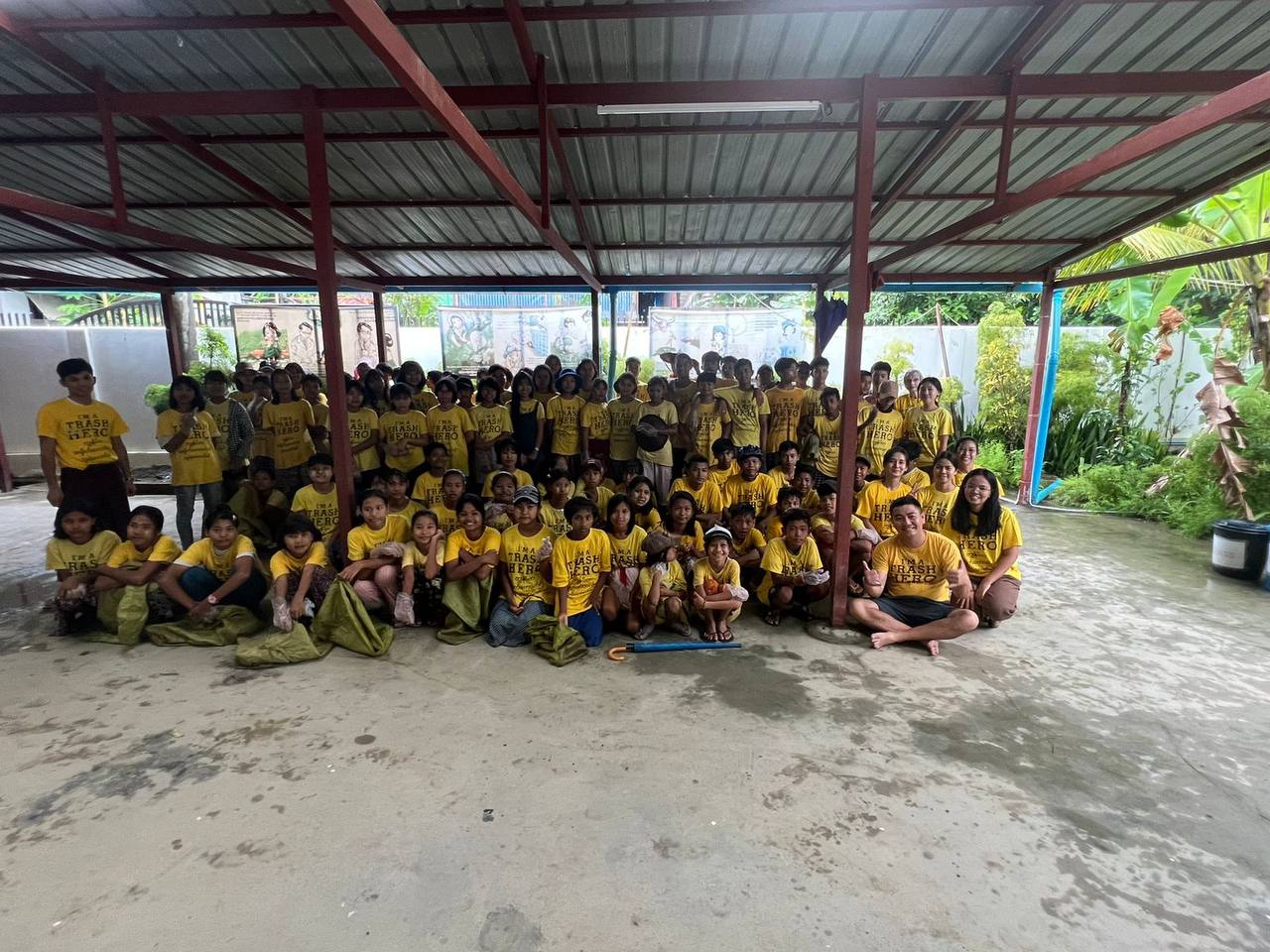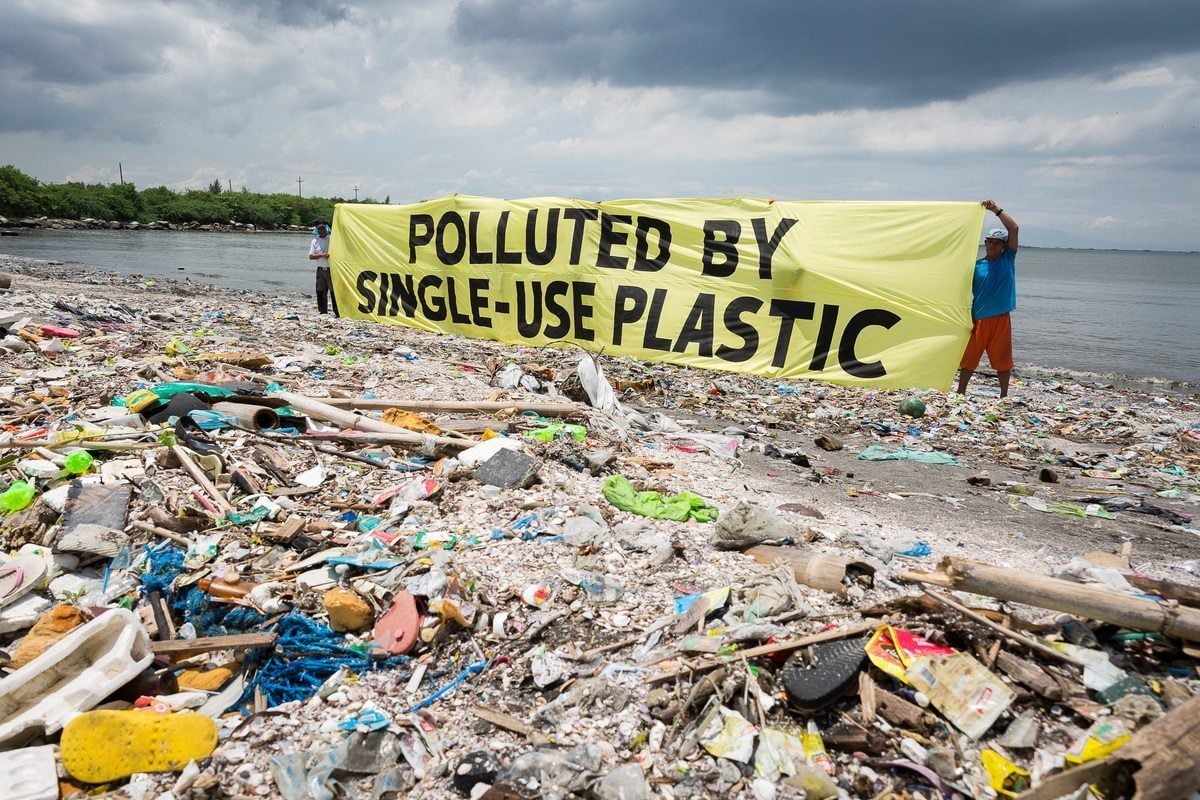Plastic pollution is a global crisis that demands our immediate attention. By adopting simple yet effective habits in our daily lives, we can significantly reduce our plastic consumption and contribute to a cleaner and more sustainable planet. While the challenges associated with plastic pollution are exemplified in places like Myanmar, where its stunning landscapes suffer due to excessive plastic use, these habits can serve as a solution for everyone. Here are 8 practical habits to get you started:
The Plastic Crisis in Myanmar
Myanmar, characterized by its breathtaking landscapes and diverse ecosystems, grapples with an escalating plastic pollution issue. The rampant use of single-use plastics, insufficient waste management infrastructure, and a lack of awareness concerning the detrimental effects of plastic on the environment have propelled plastic contamination to alarming levels. Rivers and waterways have become repositories for plastic waste, and the local wildlife faces the grave consequences of ingestion and entanglement in plastic debris. While our Plastic Offset Program teams diligently strive to cleanse our beaches of plastic pollution, it is equally vital to educate one another on how we can diminish our plastic usage at its source.
1. Bring Your Own Reusable Bags:
Plastic bags are a major source of pollution, and many end up in oceans and landfills. Make it a habit to carry reusable shopping bags whenever you go to the grocery store or run errands. Keep them in your car, purse, or backpack, so you're always prepared.
2. Choose a Reusable Water Bottle:
Single-use plastic water bottles are a significant contributor to plastic waste. Invest in a durable, reusable water bottle and fill it up from the tap or a water station. This not only reduces plastic waste but also saves you money in the long run.
3. Say No to Plastic Straws:
Plastic straws are harmful to marine life and the environment. When dining out or ordering takeout, ask for no straws or use alternatives like stainless steel, glass, or bamboo straws. Better yet, skip the straw altogether and sip your drink directly.
4. Ditch Single-Use Plastics in the Kitchen:
Replace single-use plastic wrap with reusable beeswax wraps or silicone food covers. Swap plastic sandwich bags for washable cloth alternatives. Small changes in the kitchen can lead to a substantial reduction in plastic waste.
5. Bring Your Own Containers:
When you're grabbing takeout food or buying items from the deli, bring your own reusable containers. Many restaurants and stores are happy to accommodate this request, and it eliminates the need for single-use plastic containers.
6. Opt for Reusable Cutlery:
Disposable plastic cutlery is convenient but terrible for the environment. Carry a set of reusable utensils in your bag or lunchbox to reduce waste when eating on the go. Stainless steel, bamboo, and compostable options are readily available.
7. Use Eco-Friendly Apparel:
Consider incorporating eco-friendly apparel into your wardrobe. Choose clothing made from natural fibers like organic cotton, hemp, or bamboo, as they are biodegradable and less harmful to the environment. Additionally, support brands that use recycled material, sustainable production methods in their clothing lines, and brand that has concrete actions for reducing plastic consumption with traceability.
8. Participate in Clean-Up Activities:
Join local environmental groups or organize clean-up activities in your community to remove plastic waste from natural spaces. By taking direct action to address the problem, you not only reduce plastic pollution but also raise awareness.
Summary
The endeavor to reduce plastic consumption in Myanmar necessitates a collective endeavor and individual dedication. Through deliberate choices in our daily lives, we can significantly impact our environment, thereby safeguarding the allure of our nation for generations to come. Together, let us nurture these responsible habits to steer Myanmar toward a more sustainable and environmentally conscious future, where the specter of plastic pollution is consigned to the past. Empower yourself and empower Myanmar. The moment for action is upon us.


